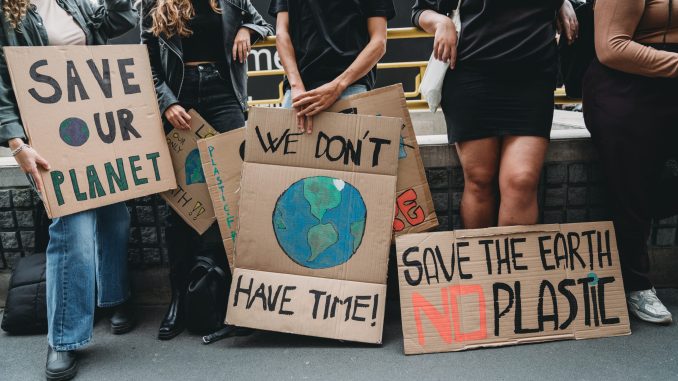
By Hank Russell
New York State voters will have the opportunity to vote on a proposition on November 8 that would allow the state to invest in clean energy and create “green” jobs in the Empire State. While some believe the money will help improve the state’s environment, others argue the state is unnecessarily increasing its debt load.
The Clean Water, Clean Air, and Green Jobs Environmental Bond Act of 2022 would allow the state to bond $4.2 billion “to fund environmental protection, natural restoration, resiliency and clean energy projects,” according to the text of the proposition. Of the money to be used:
- $1.5 billion to reduce climate change
- $1.1 billion for restoration and reducing flood risk in vulnerable areas
- $650 million to conserve and recreate open space
- $650 million to improve water quality and strengthen infrastructure
In one of the few exceptions, both sides of the aisle seem to be in agreement with the proposition. “I am 100% in favor of this [proposition],” said New York State Senator Mario Mattera (R-Smithtown). “This is a great proposal. We need to make sure that we take care of our water and our air quality.”
New York State Assemblyman Charles D. Lavine (D-Glen Cove) agreed. “As a steadfast supporter of environmental protection, I fully support this bond act,” he said in a statement. “With funds directed to climate change mitigation, flood risk reduction, open space land conservation and water quality improvement, the act addresses needs resulting from the worsening threat of severe weather and sets New York State on a path towards meeting ambitious targets which will reduce greenhouse gasses and improve overall environmental quality for our children.”
However, not everyone is on board. Steve Levy, former Suffolk County executive and New York State assemblyman and executive director of the Center for Cost Effective Governance, said the state is throwing money away.
“$4.2 billion isn’t chump change,” Levy said. “While money for sewers is welcome, the money for these projects under the guise of ‘climate change’ are redundant to the billions [of dollars] already coming to the states from the federal government’s Inflation Reduction Act.”
When asked if the amount of money bonded would have an impact on Long Island taxpayers, Mattera replied, “How do you put a price tag on clean drinking water?” He also emphasized that the Island’s current infrastructure is “in dire straits” and the existing sewer system is “not even in the 21st century yet.”
According to a poll conducted on October 18 by Siena College, 54% of respondents supported the bond act, while 26% opposed it, which is why Mattera said he believes this proposition will pass. “I haven’t heard anything negative about this.”
Mattera, who is a member of the state Senate’s Labor and Transportation Committees, said these projects under the bond act will “put money right back into the local economy. … Construction is the backbone of the economy.”
But, according to the Empire Center for Public Policy, even if the bond act doesn’t pass, the state’s debt would increase 42% by 2027 to $88 billion. “The state has too often chosen to borrow for unnecessary spending or for expenses that could and should have been funded with pay as you go dollars,” the think tank stated. “For that reason, fiscally conservative voters may have doubts about whether we can now afford this new borrowing.”
While the Empire Center supports the state’s environmental goals, the group calls the Act “less than ideal,” claiming that “[u]pwards of 10 percent” of the funding would be frittered away through “well-intended but ill-advised labor and materials standards. … [A]t a time of rapidly increasing state debt, taking on billions more should give us pause.”
To read LI Life & Politics’ op-ed on New York State Propoosition 1, click here.

